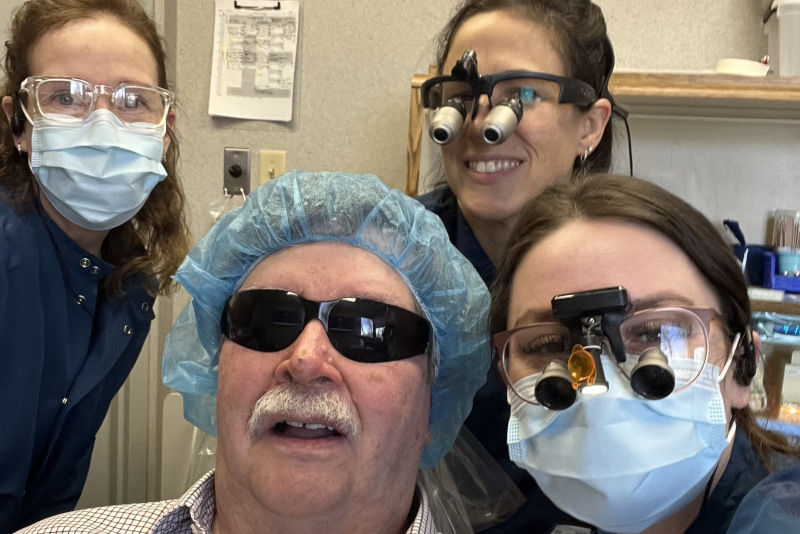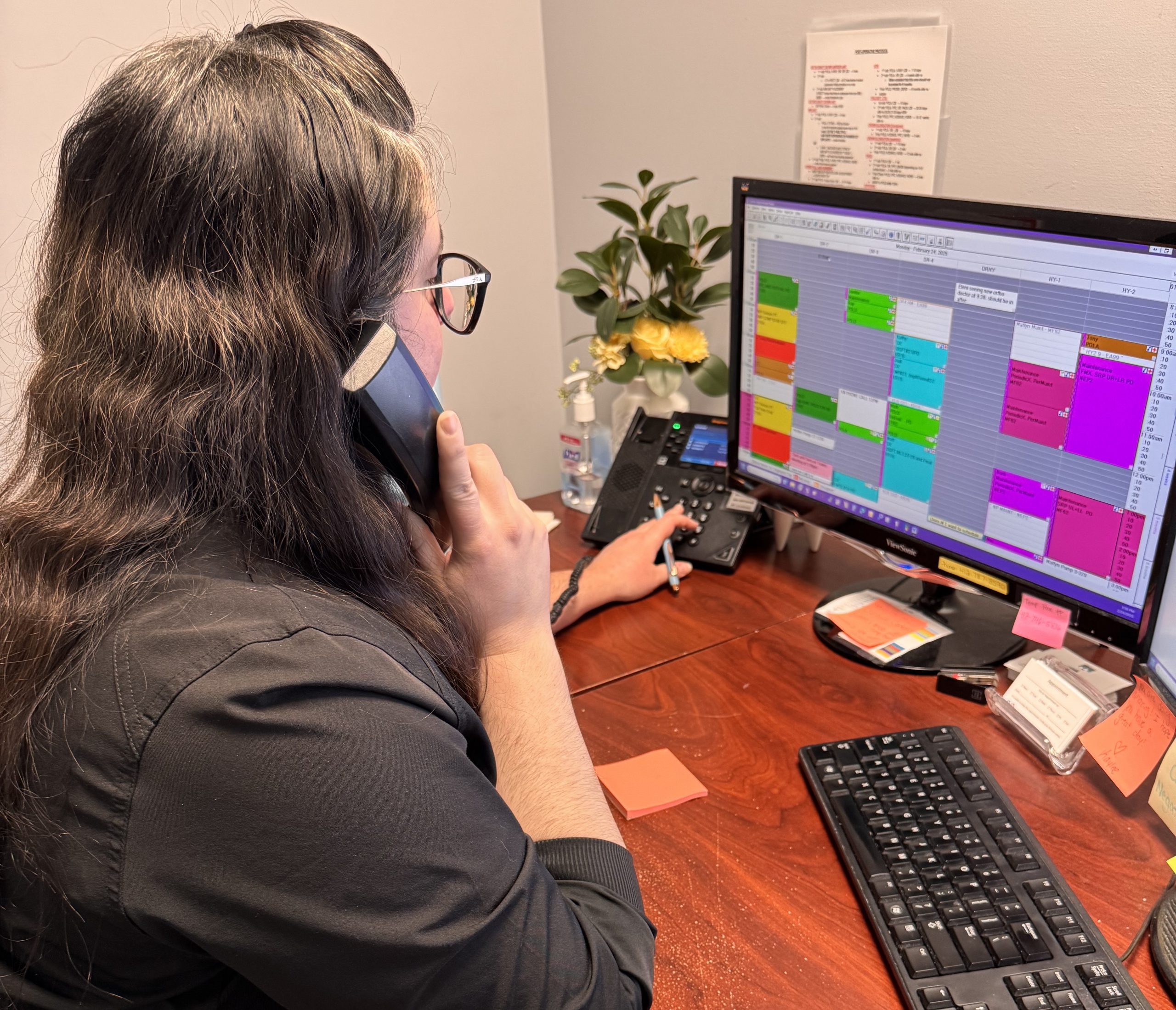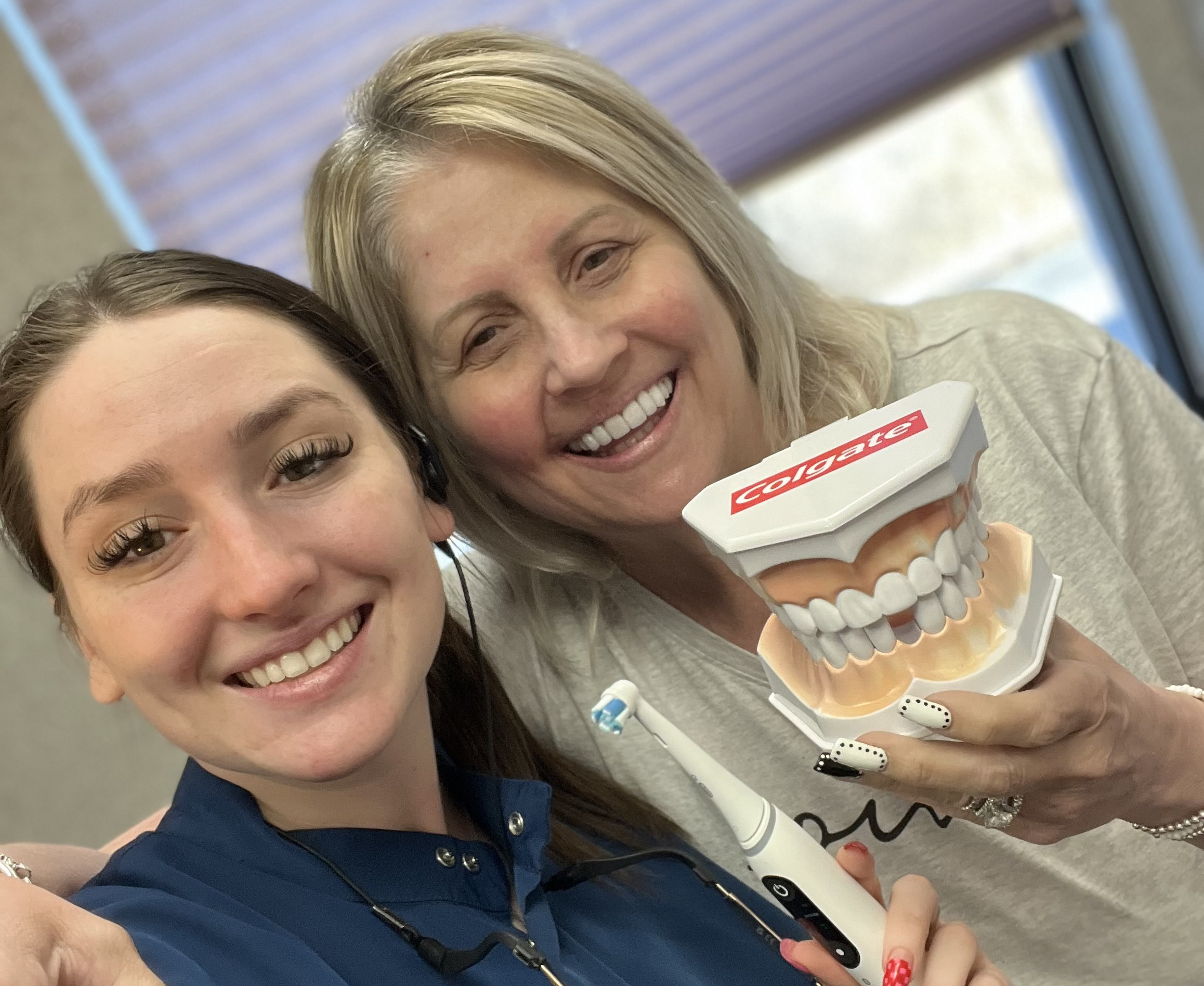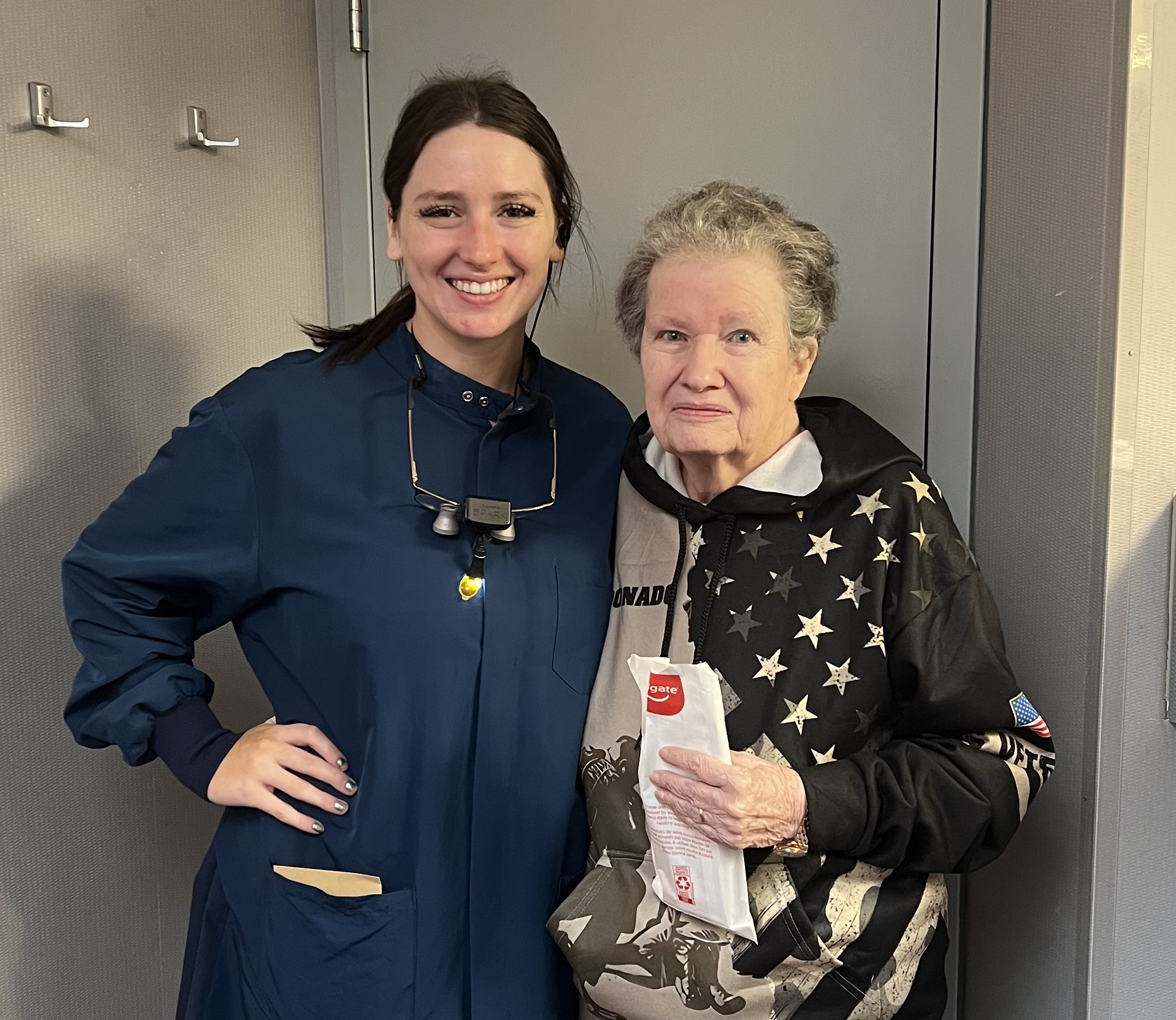
Dental Anesthesia In Pittsburgh

Understanding Dental Anesthesia
While some dental procedures are best performed under sedation to keep you calm, many require anesthesia to ensure your comfort. Depending on the exact procedure, there are several types of anesthesia which can be used. Pinnacle Center – Dental Implants & Periodontics offers three types of anesthetic: analgesics, local anesthesia, and general anesthesia.
From the initial consultation
to post-procedure care,
we are here to support you
every step of the way.

Analgesics
If you are experiencing pain from a toothache or following a dental procedure, we may prescribe you an analgesic to manage it. You likely already have some analgesics at home, including ibuprofen, acetaminophen, and aspirin, but depending on your level of pain, we can prescribe stronger dosages that will help keep you comfortable as you recover. Analgesic drugs fall into two categories: non-narcotic analgesics, which affect the nerve endings, and narcotic analgesics, which affect the central nervous system. Both reduce your body’s ability to perceive pain, and generally do so without altering other aspects of your consciousness.
Our team is ready to help you achieve the smile you’ve always dreamed of.
Local Anesthesia
When you need a dental procedure that takes place in our office and involves drilling or cutting, you will generally be given a local anesthetic. Local anesthetics are administered by injection and will numb pain specifically in the area of your mouth which receives them. When working with local anesthetic, we will usually only treat one side of your mouth per visit, as having your entire mouth numbed can cause problems with eating and speaking. Local anesthetics will wear off by themselves after your treatment is complete.
General Anesthesia
For dental surgery and extensive treatment—or for patients who are coping with a fear of dentists and need help staying still and calm—we offer general anesthesia. General anesthesia will induce temporary unconsciousness so that you aren’t aware of the procedure being performed. A general anesthetic is inhaled and the dosage is controlled by an anesthesiologist who will monitor your condition to make sure you’re getting the right amount. While you are unconscious, you won’t feel any pain during the procedure. We will likely prescribe you an analgesic to continue to limit your pain during the healing process.
Let Us Know
The purpose of dental anesthetics is to be able to administer treatment without causing excessive pain. If you start to feel pain during a procedure, don’t be afraid to let us know what you need. We want to provide you treatment in an environment that is comfortable.



We want our patients to be comfortable, welcome, and cared for during procedures, and even during your entire time here with us in our office. We have sedation options to help, and will do our best to accommodate any requests you have. Please give us a call today.
We are committed to delivering
Excellence in Dental Care



Trust our expert team to
help you achieve a smile
that reflects your true self
Excellence and Expertise



CHECK OUR
Patient reviews
“Very knowledgeable and friendly staff…”


